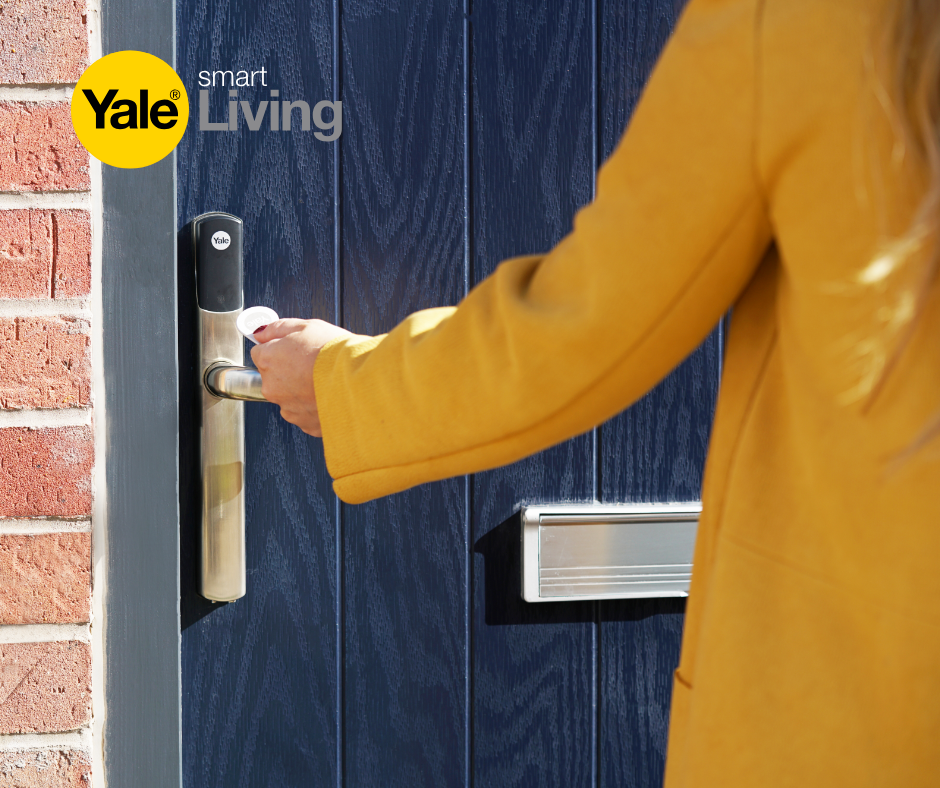
The new TS621:2018 standard, created by the Door and Hardware Federation, has been adopted as the recognised standard for smart locks by the British Standard Institute (BSI), and has received the coveted Kitemark status.
The Conexis® L1 from Yale is the first ever smart lock to adhere to the new standard, undergoing rigorous testing in terms of quality, durability, as well as both mechanical and electronic attack testing.
In order to comply with the new standard, smart locks must meet mechanical security requirements, as per traditional British Standard locks. These tests include the PAS24:2016 attack testing and the TS007 3-star cylinder attack test.
For added safety, Kitemark approved smart locks also require a mechanical release on the inside of the door, that doesn’t require electronics, to ensure an easy escape in the event of a fire.
The new electro-mechanical part of the standard requires the smart lock to be attacked by MLA locksmiths, to ensure it cannot be manipulated and compromise the security of the lock.
Finally, the electronic hacking tests are designed to test the electronic security of the lock to ensure it is secure against all relevant hacking methods.
This standard will provide consumers with the much-needed reassurance that smart locks are now recognised by the British Standards Institute and will easily identified by the trusted Kitemark symbol.
Josh Waites, smart locks product manager for Yale, explains: “We are very proud that the Conexis® L1 is the first ever smart lock to receive Kitemark status, making it an unrivalled product within the current smart lock market.
“The new standard will provide homeowners with the peace of mind that they can enjoy the convenience and lifestyle benefits of a smart lock, without having to compromise on the safety and security of their home in any way.”
For more information on British Kitemark approved smart locks please visit: www.yale.co.uk
